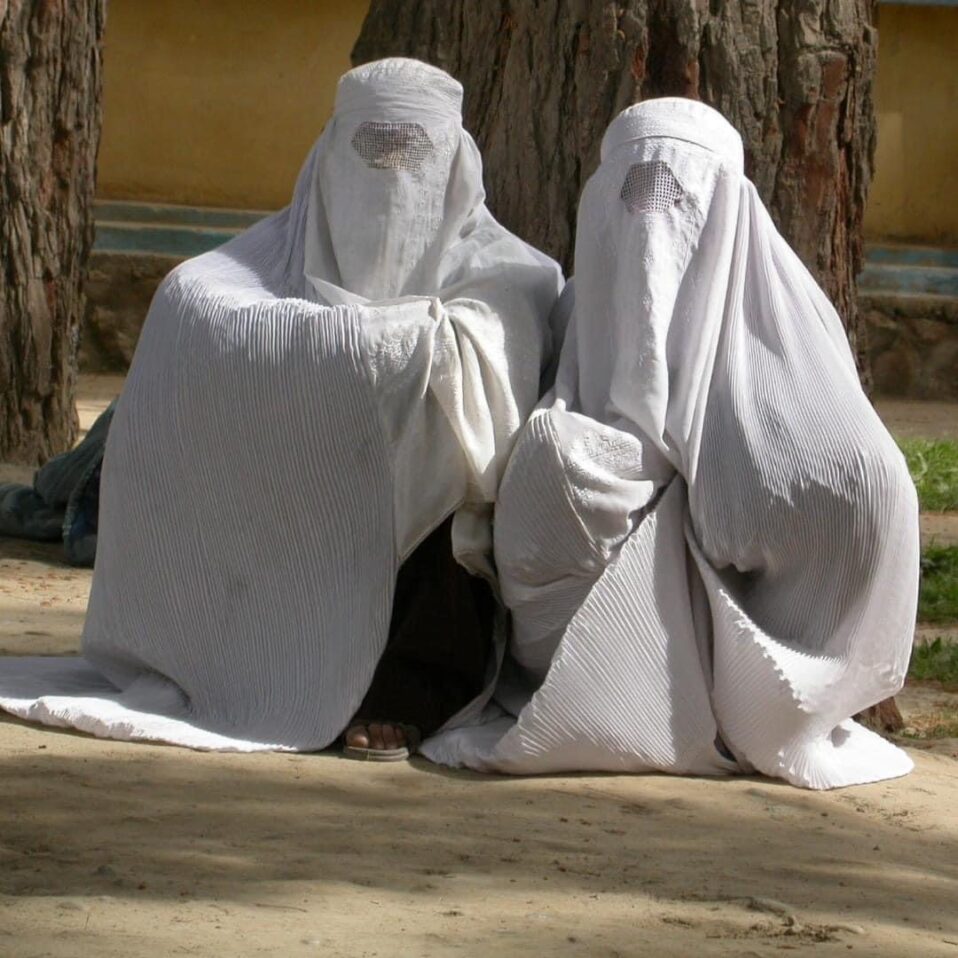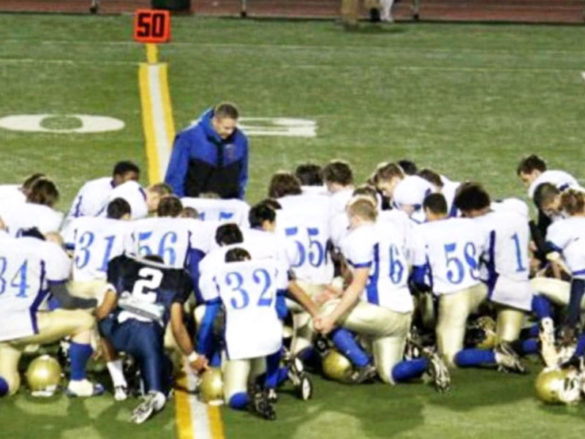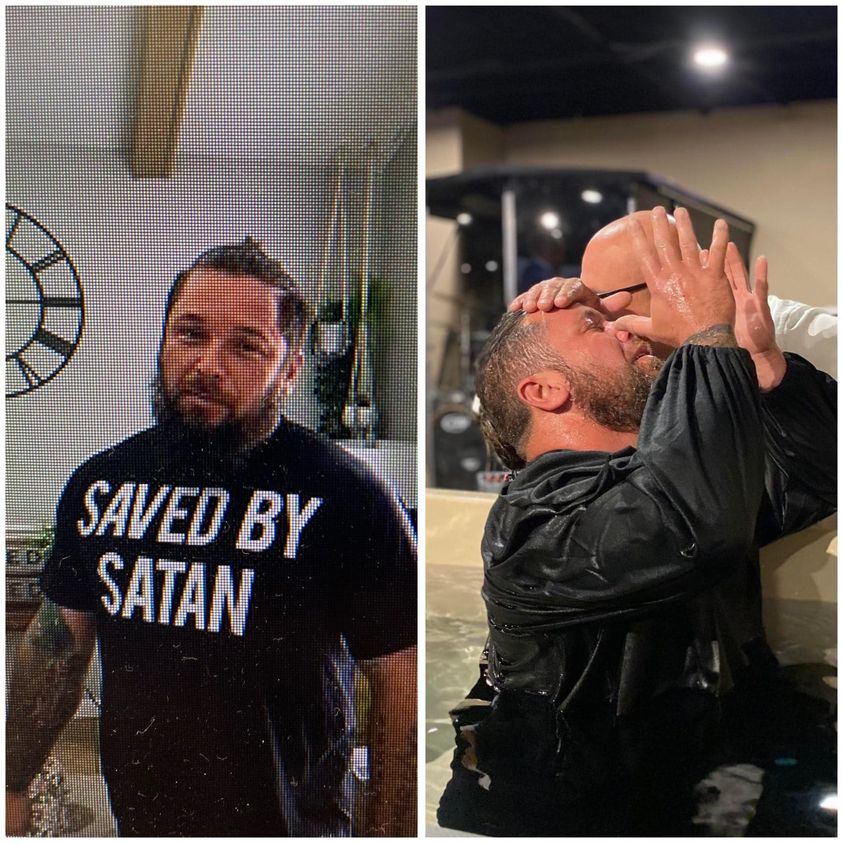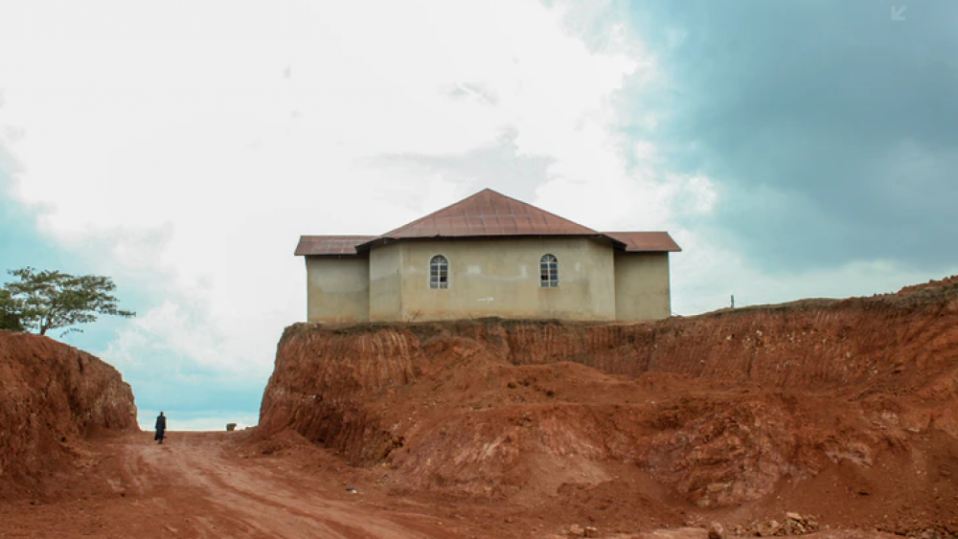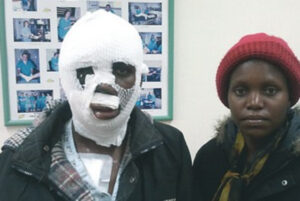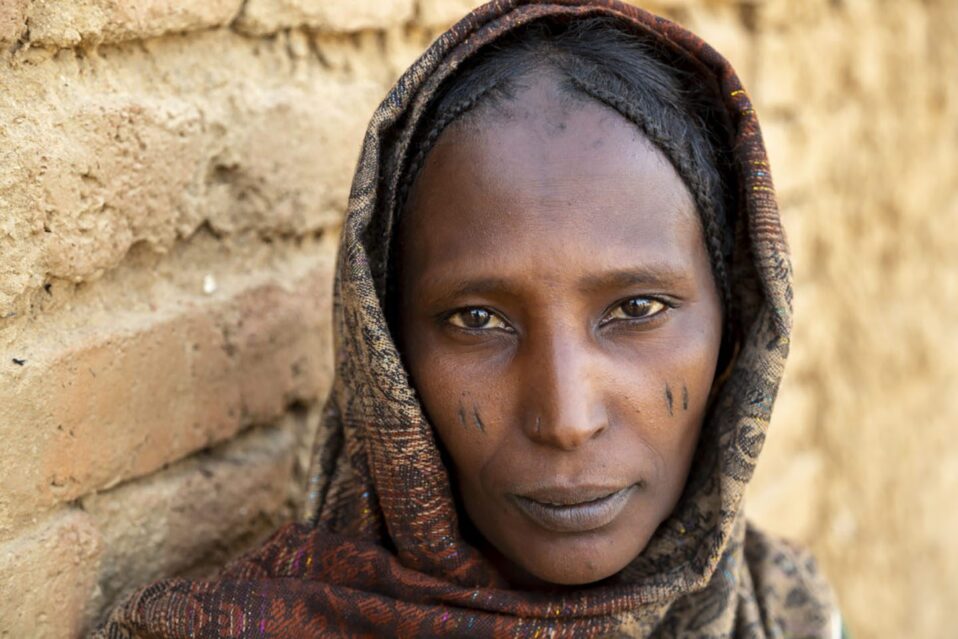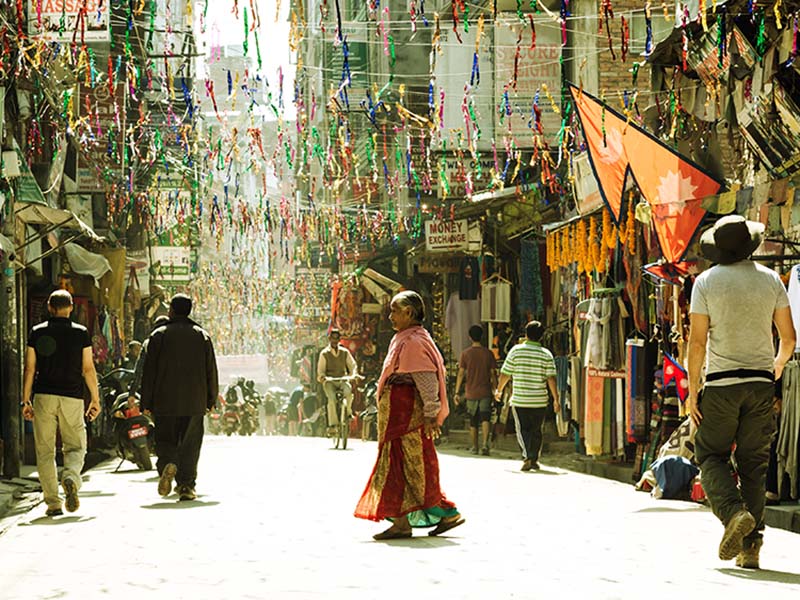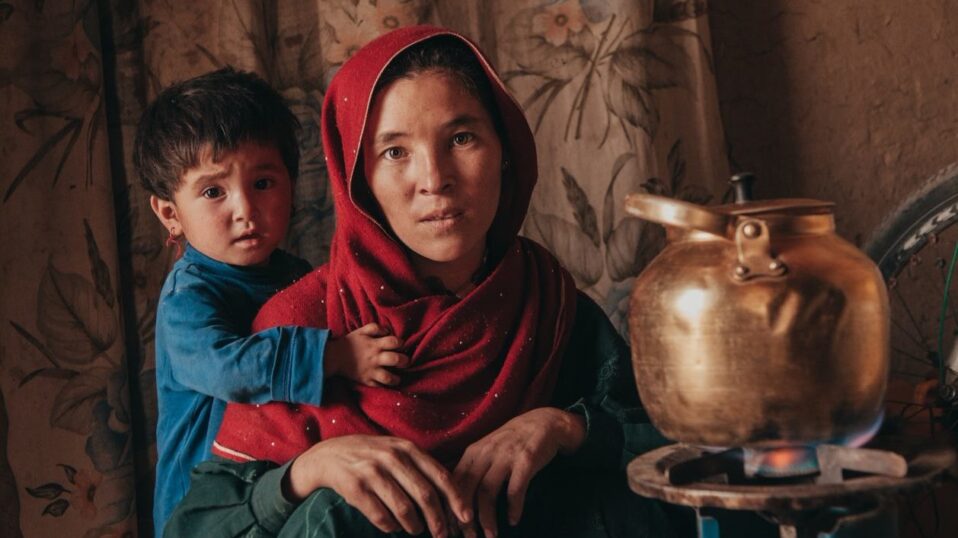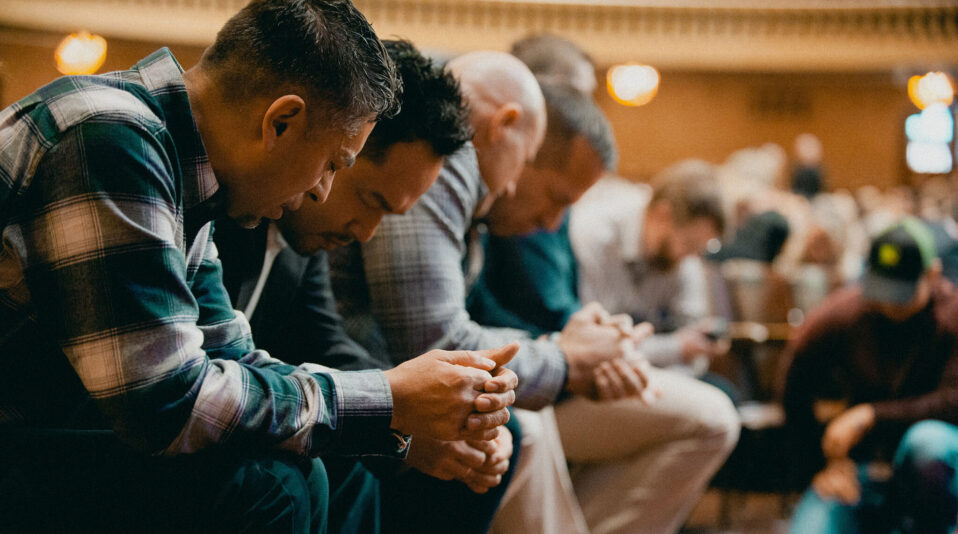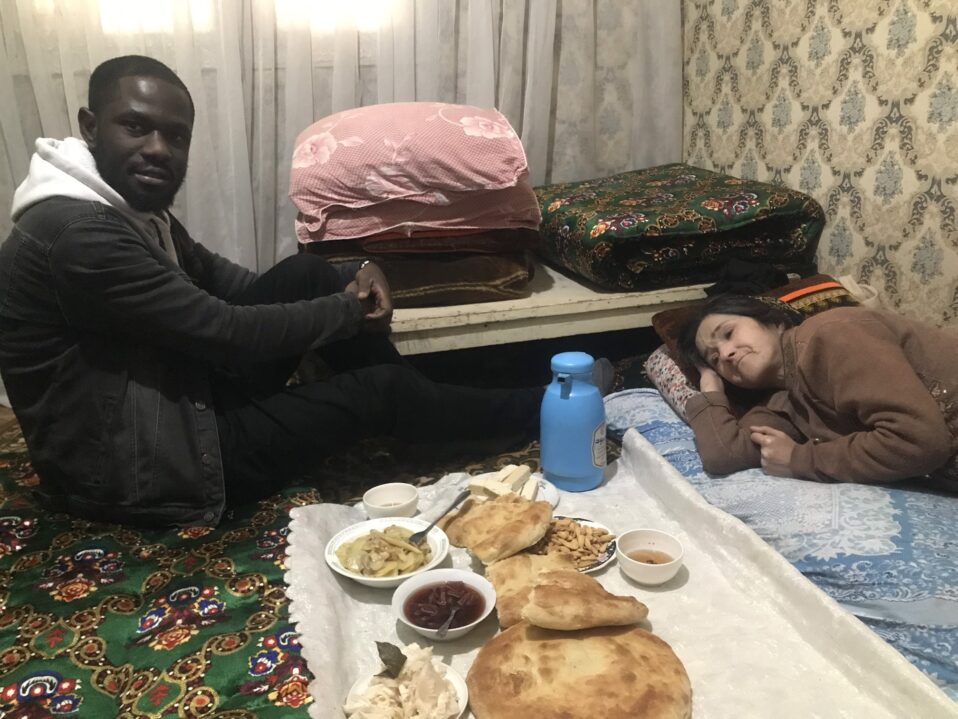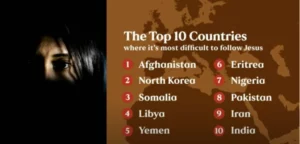
How are Christians in Afghanistan vulnerable and targeted?
Basically, they are vulnerable because if they are found out to be believers, then immediately they are considered traitors, enemies of the state, enemies of their tribe and community. Punishment for that is death. That’s the overarching reality.
In September, certain lists had gone around about who believers could be, especially in areas within the country where many were foreign-educated. Those lists became available to the Taliban somehow, and these [Christians] are the ones who are being hunted down.
Believers are also vulnerable because they are absolutely hated; with the current situation, they can’t get medical care, they can’t go shopping, they can’t even go and have a baby under normal conditions. In a country like Afghanistan, medical care is paid for by a religious tax, and once people learn someone has turned away from Islam, then they have no right to access that service.
Believers in Afghanistan are being hunted and their names are known to the Taliban. This is a fact.
Why do some Christians stay in the country and others flee? What was the tipping point when some Christians decided they needed to leave?
The tipping point for leaving is family; the tipping point for staying is commitment. We’ve seen it with the Christians we’re in contact with. For those who are leaving, they want to be reunited with their family who have also left, or to protect their children. Those who are choosing to stay specifically say they’re staying because of the work God began.
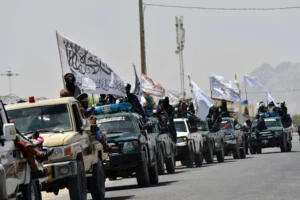
What particular challenges do Christian refugees face?
Displacement from their families. Clans in Afghanistan are used to traveling together; if they’re not nomadic, they’re used to staying and operating in a space. To be in an environment completely alien to them is an absolute challenge.
Second is language, and third is healthcare. Many of the refugees are in critical healthcare situations and in need of nourishment and warmth. They need shelter. Refugees are already displaced from their environment, but for Christian refugees, they have also lost their networks. They lost their trusted networks of people they can share their faith with.
What challenges do Afghan Christians who stay behind face? What conditions do they face in their daily lives?
Christians who stayed behind can’t go out. At this moment, they’re in hiding.
When children go out, they could easily notice and tell others something like, “Our father doesn’t say this many prayers,” or, “We have a different book in the house.” Christians must live with caution. Towns are in lockdown because of the Taliban. The Taliban are shutting down communities to find people who are hostile to their cause. They lock down motorways and initiate blackouts.
Before, in the public sphere, believers could see each other. They may not have been able to pray in public spaces, but they could meet and go elsewhere. Now, with the new government, even those few, precious treasures have been taken away.
Why are Islamists so fearful of other faiths, particularly Christianity?
They’re not fearful—they’re hostile. They don’t fear. The only thing they fear is war and sanctions. They don’t fear us; they hate us. They recognize Christ in us, the hope of glory. They would say they don’t hate Jesus, because He’s their prophet, but [as Christians] we don’t recognize Jesus as only a prophet; we recognize Him as the living God, and that’s against their teachings.
What do you see as the future for Afghanistan? Are you hopeful?
I’m very hopeful because the reason there are believers who stay is not because of the intervention of any human being—it’s the sole work of God and the Holy Spirit. No amount of human effort can work against the powers and principalities working here. You can take every airplane in the world and take out every believer from this country, but those remaining will still have dreams and visions. There will still be persecution, but God will continue growing His church.
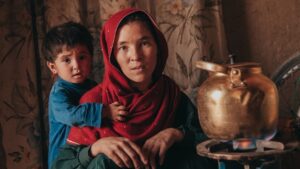
What can we do to support and help vulnerable Christians in Afghanistan?
The very first thing I will unflinchingly say is this: pray. Prayer is not an inactive, passive thing people think about; it’s what drives us to the next step because it leads us. Pray that Jesus would lead us to what to do, and that He would give us endurance. If they (local Muslims) pray five times a day, we need to be praying 24 hours a day.
It’s not fatalistic for me to say this: God loves the people of Afghanistan so much. Thank God for being God and for being sovereign in this country. Pray for the displaced who are separated from their families, pray for those whose dreams are being snatched from them and pray they would know God’s comfort.
Second is to be aware of the environment. It wasn’t an overnight thing that the U.S. just pulled out and then suddenly everything came to this. There were many factors; there were months—years—of preparation leading up to this. There have been a lot of materials produced and a lot of brainwashing of young minds.
The Church around the world needs to recognize that the Taliban doesn’t just want to do this to Afghanistan, but they want to “save hearts and minds” of people worldwide. It’s actually the name of their booklet—it’s a manual that every Taliban person subscribes to. The Church needs to be aware.
In addition, the people who fled this country, thousands of them are not believers. The church in the West can use this time to introduce them to Jesus. They all need Jesus. So how Christians approach them—it matters. Form discipleship groups, introduce them to Jesus, but also protect the next generation from falling into Taliban ideology.
Let’s answer Hana’s call to action and pray without ceasing for our brothers and sisters in Afghanistan. Let’s pray for their families and friends, those who are now refugees on the run and those who have been displaced. And let’s not forget to pray for the Taliban, that God would miraculously change their hearts and fill them with a love only He can offer.
We pray this in Jesus’ powerful, life-giving name.
top image: Shutterstock; timsimages.uk: Women in burqas in Kabul, Afghanistan, walk with a child.
*name changed to protect identity
Source: Open Door




